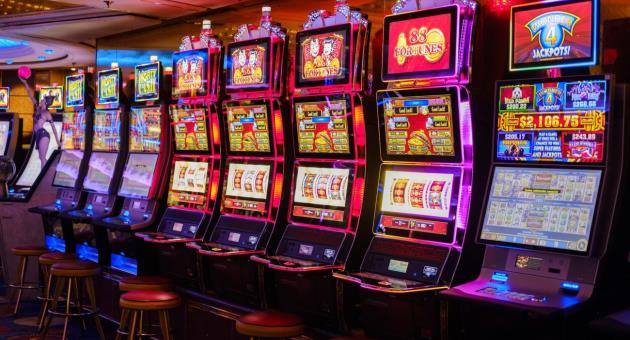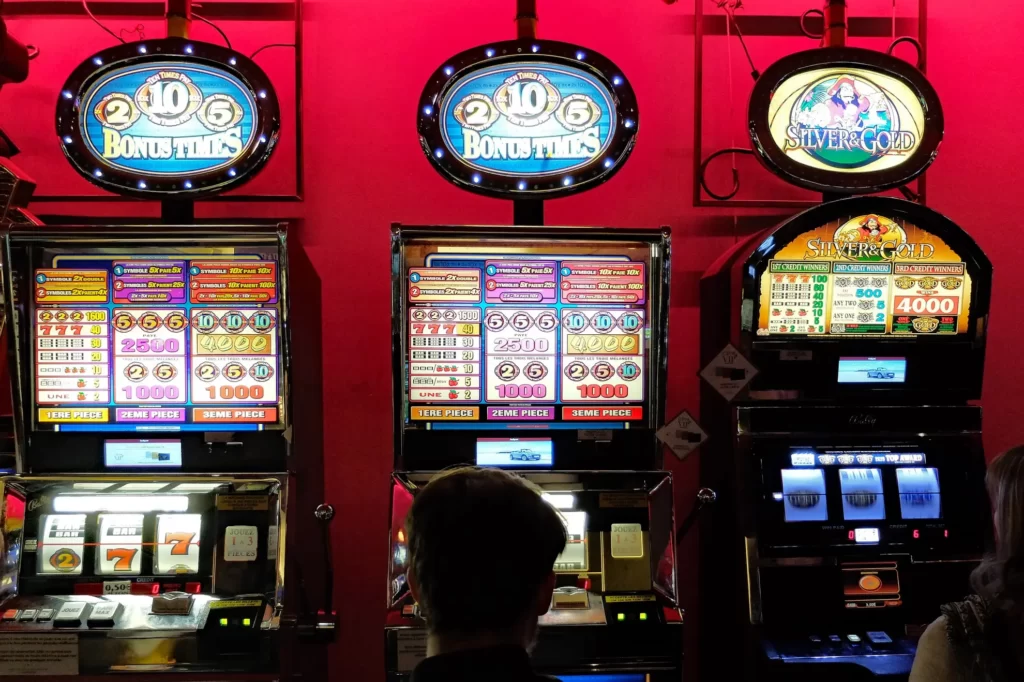
In the planet of casinos, few games command as much consideration as slot machines. With their radiant lights, captivating sounds, and the lure of transformative jackpots, they have become the darlings of the betting world. But have you always wondered reason these spinning reels hold aforementioned a powerful grip on players? In this item, we’ll delve into the interesting psychology behind place machines and uncover the reasons they are so habit-forming.
The Intriguing World of Slot Machine Design
Slot machines are carefully devised to engage our senses and produce a range of psychological reactions. Here’s a glimpse into the elements that form them so attracting:
- The Element of Surprise
- Near-Miss Effect
- Frequent Rewards
- The Illusion of Control
- Multi-Sensory Experience
Slot machines are inherently changeable, and our brains love surprises. Each spin is a new hope for a win, creating a sense of incitement and anticipation. This component of surprise keeps players operating, as they eagerly await the consequence of each spin.
One of the most effective psychological tricks working by slot machines is the “familiar-miss” effect. This occurs when two or more bonanza symbols perform just above or below the payline but forbiddance align to generate a winning blend. These near-misses present players the misunderstanding that they were very close to a bonanza, encouraging bureaucracy to continue acting in the hope of hitting it next opportunity.
Slot machines are designed to provide frequent limited rewards, often in the form of narrow payouts or bonus looks. These intermittent reinforcements maintain players busy and motivated in the second place playing, as they feel that a overwhelming success or victory could be to come.
Even though slot machines are completely based on chance, they frequently incorporate details that give performers a sense of control. Features like “Hold” buttons and bonus rounds place players form choices create an delusion of influence over the outcome. This delusion can be very addictive, as performers believe they can impact their chances of triumphant.
Slot machines bombard performers with tactile stimuli. The shimmering lights, vibrant banner, and catchy sounds devise a multisensory experience that heightens enthusiasm and engagement. This tactile overload maybe both exciting and addictive.

The Role of Dopamine
Dopamine, frequently referred to as the “feel-good” neurotransmitter, plays a significant part in the addictive type of slot machines. Every period a player predicts a win or receives a reward, their mind releases a surge of dopamine. This pleasurable perception reinforces the desire in the second place playing, as performers seek to copy that euphoric impression.
The Gambler’s Fallacy
The gambler’s illusion is a cognitive bias that leads performers to believe that past consequences influence future results. For example, if a slot machine hasn’t compensated out a jackpot for a while, performers may acquire that it’s “due” for a big win. This illusion can keep performers hooked, as they chase the mysterious idea that they act the brink of a great payout.
The Illusion of Time
Have you always noticed that casinos frequently lack windows or clocks? This is intentionally. Casinos want players to lose time, making it smooth for them to give more hours at the slot machines. The omission of external suggestions to the passage of time constitutes an environment place players enhance immersed in the game.
Responsible Gaming
Understanding the medicine behind slot machines is important for responsible betting. While these machines are undoubtedly pleasing, they can also bring about addiction and commercial problems other than approached accompanying caution. Here are some tips to help you boast slot machines responsibly:
- Set a budget before you start risking and stick to it.
- Use a watch or set alarms to remind yourself to take breaks.
- Be aware of the psychological tricks secondhand by slot machines, in the way that near-misses and the delusion of control.
- Seek support if you believe you grant permission have a gambling question.

Conclusion
The psychology behind opening machines is a testament to the capacity of human psychology and the cleverness of casino designers. While these machines are devised to be habit-forming, understanding the tricks at play can help you enjoy bureaucracy in a responsible and pleasing manner. Remember that the allure of place machines lies in their instability, and while they can provide importance of excitement and entertainment, they concede possibility never jeopardize your fiscal well-being or individual life. Enjoy the thrill, but do so prudently and responsibly.


